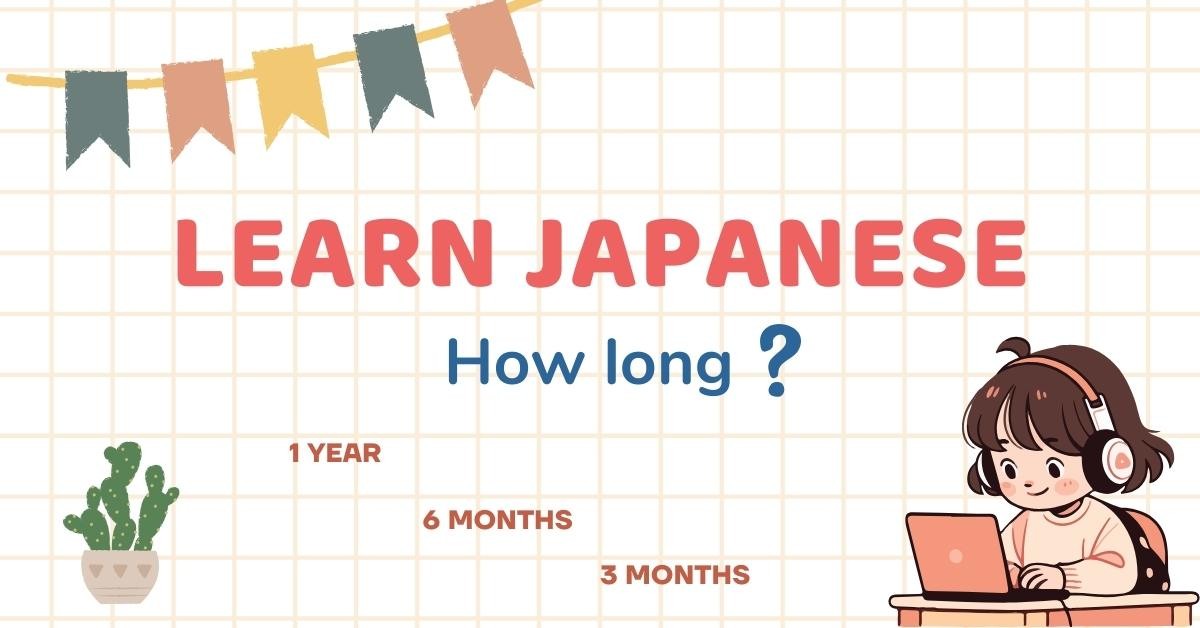- 1. Complex writing system
- 2. Lack of clear punctuation
- 3. Different sentence structure
- 4. Kanji has multiple readings
- 5. Complex honorifics system
- 6. No plurals or gendered nouns
- 7. Similar words can cause confusion
- 8. Lack of equivalent vocabulary in other languages
- 9. Pronunciation and intonation are difficult to master
- 10. Complex grammar and sentence construction
- FAQ
Japanese is often considered one of the most challenging languages to learn due to its complex writing system, grammar rules, and unique pronunciation. If you're wondering, 'Why is Japanese hard to learn?', you're not alone.
1. Complex writing system
The Japanese writing system is one of the most difficult to master due to its use of three scripts: Hiragana, Katakana, and Kanji. With over 2,000 kanji characters required for daily reading, learners often wonder, "Why is Japanese hard to learn?" The complexity of kanji, which represents words and concepts through thousands of characters, poses a significant challenge for beginners. In fact, Japanese students are expected to learn over 2,000 kanji by the time they graduate high school.
How to overcome:
Starting with Hiragana and Katakana makes learning manageable. Using kanji learning apps and flashcards helps break down the characters into bite-sized chunks. Regular practice with reading materials can help learners gradually master these characters.

2. Lack of clear punctuation
Another reason why Japanese is hard to learn is the lack of clear punctuation compared to English. Sentences can often blend together, making it difficult to distinguish where one thought ends and another begins. This leaves learners wondering how to properly structure their sentences or read smoothly.
How to overcome:
By practicing reading and writing in context, learners can begin to understand how punctuation is used in different situations. Engaging with native speakers and reading texts like newspapers or blogs can help familiarize learners with the way punctuation functions in written Japanese.
3. Different sentence structure
The sentence structure in Japanese is a key factor in why Japanese is hard to learn. Unlike English's subject-verb-object (SVO) order, Japanese follows a subject-object-verb (SOV) order. This means the verb always comes at the end of the sentence, which can be confusing for English speakers. For example, in English, "I eat sushi" becomes "I sushi eat" in Japanese.

How to overcome:
To improve, learners should practice with basic sentence constructions, gradually increasing complexity. Using language learning apps and sentence drills helps reinforce this SOV structure. Consistent practice with native speakers will make this sentence structure feel more natural over time.
4. Kanji has multiple readings
Kanji, as a complex part of the Japanese writing system, can also be a challenge due to its multiple readings depending on the context. This is one of the most common reasons why Japanese is hard to learn. For example, the kanji 学 can be read as "gaku" (in "gakusei" meaning student) or "manabu" (to learn), depending on its use in sentences.
If you’ve ever wondered why Japanese has 3 alphabets, it’s because the language utilizes Kanji for meaning, while Hiragana and Katakana are phonetic scripts used for sounds and various grammatical functions.

How to overcome:
Practicing kanji readings in context is essential. Flashcards that present kanji in different contexts and examples can be very helpful. Over time, learners will become accustomed to the multiple readings and their correct applications.
5. Complex honorifics system
One of the challenges in Japanese is the complex honorifics system. This system, which changes based on social status and relationship, is a big part of why Japanese is hard to learn. For example, the verb "to do" can be expressed as "suru" in casual speech, "nasu" in polite speech, and "itashimasu" in formal speech. Using honorifics incorrectly can come across as rude or inappropriate.
How to overcome:
To address this, learners should focus on learning the basic levels of politeness and study the different honorifics used in formal and casual conversations. Immersion and interaction with native speakers can help learners internalize these nuances over time.

6. No plurals or gendered nouns
Japanese does not mark nouns for plurals or gender, which can be confusing for learners used to languages that differentiate between masculine, feminine, and plural forms. This lack of clear grammatical markers for number and gender is another reason why Japanese is hard to learn.
How to overcome:
Learners can rely on context to determine whether a noun is singular or plural. Additionally, adding words like "tachi" for plural can help clarify meaning. By listening to conversations or reading materials in context, learners will gain a better understanding of when nouns are singular or plural.
7. Similar words can cause confusion
A major hurdle in learning Japanese is the presence of homophones — words that sound the same but have different meanings. For example, "koi" can mean "love," "carp," or even a type of fish. This overlap in pronunciation can confuse learners, and is a key reason why Japanese is hard to learn for non-native speakers.
How to overcome:
Learning the different meanings of homophones in context is essential. Flashcards or sentence exercises can be a great way to solidify the correct meaning of similar-sounding words. Listening practice is also helpful for recognizing how these words are used in daily conversation.

8. Lack of equivalent vocabulary in other languages
There are many words and concepts in Japanese that have no direct translation in other languages. This is another reason why Japanese is hard to learn. Words like "wabi-sabi" (the beauty of imperfection) or "tsundoku" (the act of acquiring books but not reading them) are unique to Japanese and don't have precise equivalents in English.
How to overcome:
To understand these words, learners can dive into Japanese culture through media, literature, and conversations. Exploring the deeper meaning of these untranslatable words will allow learners to appreciate the nuances of Japanese that cannot be easily conveyed in other languages.
9. Pronunciation and intonation are difficult to master
While Japanese pronunciation itself is straightforward, the challenge lies in its pitch accent, which can change the meaning of a word. This is one of the key reasons how hard is Japanese to learn for English speakers. For example, the word "hashi" can mean "bridge," "chopsticks," or "edge," depending on the pitch.
How to overcome:
Practicing with native speakers and focusing on pitch accent is the best way to overcome this challenge. Listening to Japanese media, such as songs or podcasts, will help reinforce the correct pronunciation and intonation patterns. Speech recognition tools can also help improve pronunciation.

Maybe you also liked : 16 phrases to say "Hello" in Japanese
10. Complex grammar and sentence construction
Japanese grammar is often cited as one of the most complex aspects of the language. With its many particles, verb conjugations, and word order changes, learners frequently ask, "Why is Japanese hard to learn?" The extensive range of grammatical rules often creates confusion, especially when constructing complex sentences.
How to overcome:
Focusing on the fundamentals of Japanese grammar and practicing daily can make a significant difference. Beginners should start with simple sentence structures and gradually build on them. Grammar books, language learning apps, and conversation practice can help solidify the grammar rules and improve sentence construction over time.
FAQ
-
Why is Japanese considered hard to learn?
"Japanese is considered hard to learn due to its complex writing system (Kanji), unique sentence structure, and lack of equivalent vocabulary in other languages." -
How long does it take to learn Japanese?
"The time it takes to learn Japanese depends on your dedication, the resources you use, and how regularly you practice. Some learners take several years to master it, while others can get basic proficiency within a few months."
In conclusion, understanding why Japanese is hard to learn highlights the unique challenges it presents, from its complex writing system to intricate grammar. However, with consistent practice and the right resources, overcoming these obstacles is possible, and mastering Japanese can be a rewarding experience.









